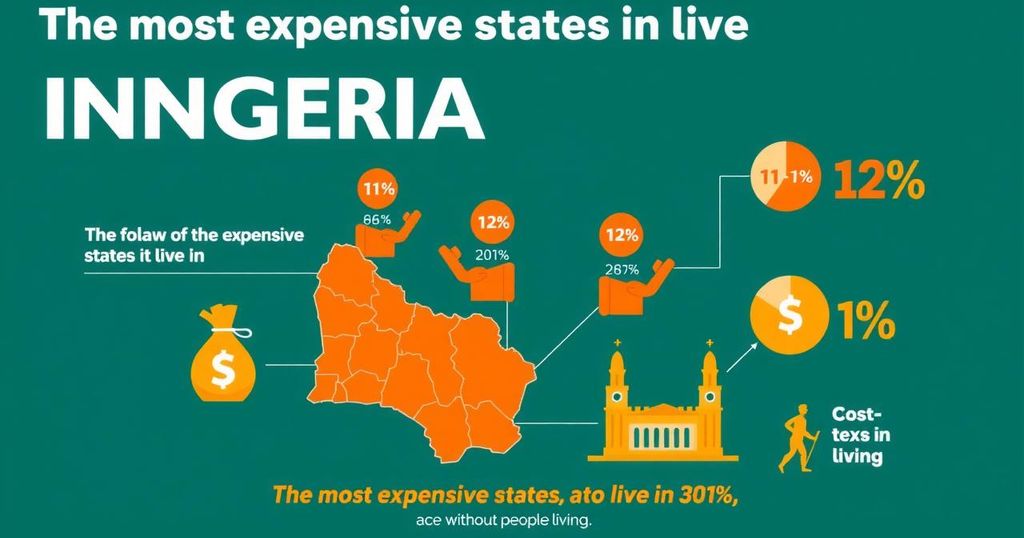Fuel Shortage Threatens Soy Harvests in Bolivia
Bolivia’s soy farmers are facing a critical fuel shortage impacting harvests in Santa Cruz, driven by dwindling foreign currency reserves and local gas production. Farmers warn of severe consequences for food production, escalating debts, and potential losses across the agricultural sector. The Bolivian government is responding with measures to ease imports amid rising pressure from the crisis.
In Bolivia’s Santa Cruz farming region, a critical fuel shortage is jeopardizing soy farmers’ ability to harvest their crops, heightening concerns in a nation reliant on agriculture as a pivotal economic sector. The fuel deficit, characterized by extensive waiting lines at fuel stations, results from declining foreign currency reserves and decreasing local gas production, leading to a challenging crisis for the government of President Luis Arce, which has attempted to manage prices through subsidies.
Joel Eizaguirre, a soybean producer from Santa Cruz, warns that a lack of fuel could plunge producers further into debt, jeopardizing their financial stability. He emphasizes that insufficient fuel will ultimately compel farmers to make alternative choices that will adversely impact the agricultural sector, affecting everyone involved.
Jaime Fernando Hernandez, representing the oilseed and wheat group ANAPO, stresses the dire consequences of inadequate diesel supply for agricultural machinery. This shortage could lead to significant losses in essential food crops, including soy, corn, and sorghum, consequently disrupting the food supply chain and impacting livestock production, dairy, and poultry sectors. Hernandez describes the potential repercussions as “truly catastrophic” regarding productivity and food production.
In response to mounting pressure from the dollar and fuel crises, the Bolivian government is attempting to alleviate the situation by permitting state energy firm YPFB to utilize cryptocurrency for fuel cargo payments. In light of the fluctuating exchange rate, Eizaguirre expresses a preference to pay a higher price for fuel rather than face shortages, indicating a willingness to pay 11 bolivianos per dollar to ensure adequate fuel availability for critical harvesting and planting activities.
The fuel shortage in Bolivia presents a significant threat to its agricultural sector, particularly for soy farmers in Santa Cruz. The escalating crisis, driven by dwindling fuel supplies and currency issues, has prompted government intervention to ease imports. Farmers are increasingly concerned that insufficient fuel could lead to catastrophic losses in food production, negatively impacting the entire food supply chain. As the situation develops, it remains crucial for stakeholders to seek effective solutions to mitigate these challenges.
Original Source: www.tradingview.com




Post Comment